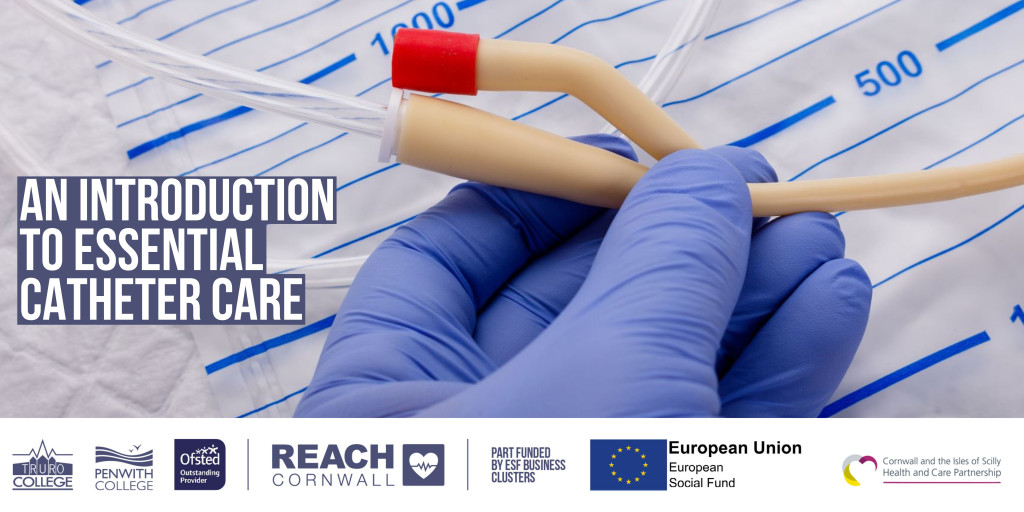An Introduction to Essential Catheter Care - 22nd February
This fully funded webinar aims to help prevent infection and other complications associated with indwelling urethral catheters.
Urinary catheters are invasive devices that can cause harm and ill health. Around 50% of people who have long term catheters experience problems with their catheters. The main risks are infection, pain, tissue damage, decreased mobility and hospital attendances associated with blockage. Additionally, urinary catheters increase the risk of infection and life threatening bacteraemia. Although they are often easily treated many people experiencing catheter-related problems may attend accident and emergency for treatment. Proactive evidence-based care can help to prevent avoidable complications of urinary catheterisation. ~ Nazarko L (2019) Preventing catheter- related problems in community settings Independent Nurse Vol. 2019 No.12 Published Online:27 Dec 2019 https://doi.org/10.12968/indn.2019.12.21
This initial training session will be an Introduction to Essential Catheter Care and following this REACH Cornwall will provide two further sessions surrounding the topic.
The first session has been developed and will be delivered by Sharon Eustice, Consultant Nurse Bowel and Bladder Specialist Service, Cornwall Partnership NHS Foundation Trust. The primary objects of the training are:
- to inform non-registered carers working in residential or domiciliary care settings of the purpose and normal function of an indwelling urinary catheter
- to emphasise the essential daily care that must take place to minimise the risk of infection and other complications associated with indwelling urinary catheters
- to promote confidence in escalating any concerns they may have regarding the indwelling urinary catheter of a person they are caring for
As a employer-led forum, REACH Cornwall seeks to identify and address skills shortages in the social care, healthcare and early years sectors. Through our feedback forms we have found Catheter Care training to be a prevalent request, which brings us to this new training opportunity.
For our planned further sessions, we would like to invite attendees of this session and those interested in catheter care to contribute toward the content that we will produce. If you have an idea of a topic within catheter care you would like to learn more about or feel is lacking in training opportunities, please get in touch via our email address ([email protected]) or answering the prompted question when signing up for a ticket.


